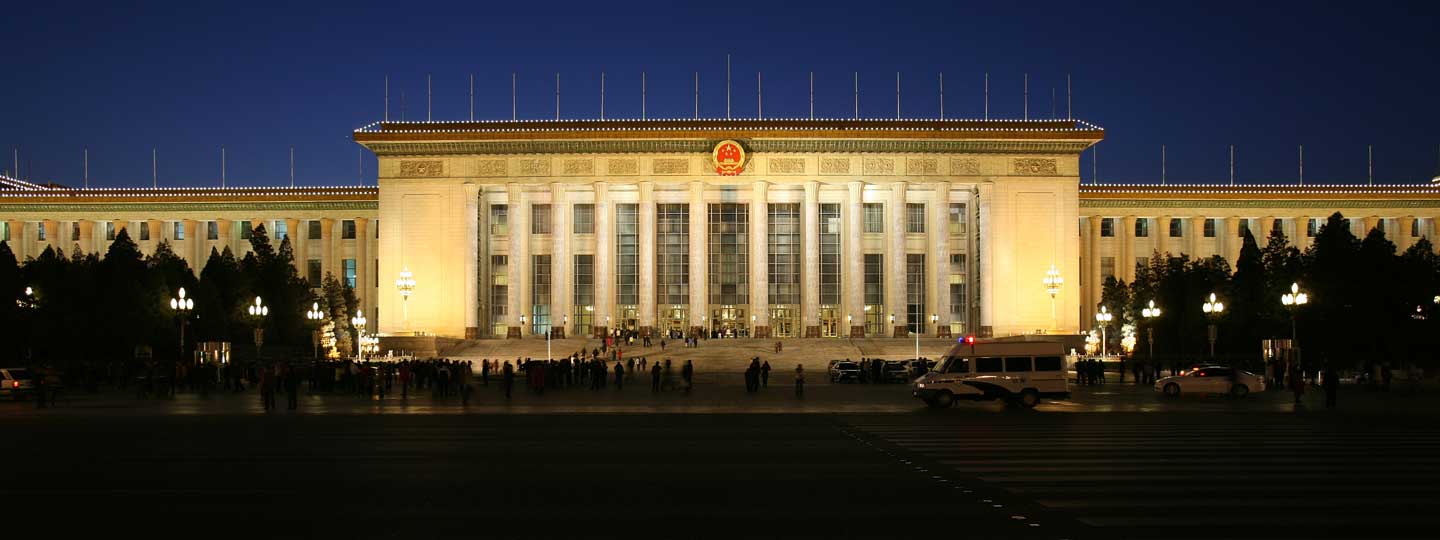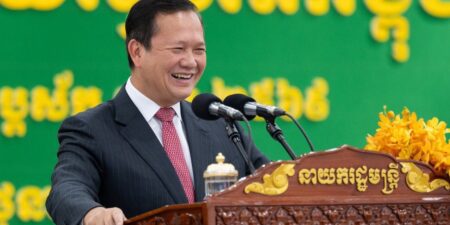BGA’s China team wrote an update to clients on China’s new anti-sanctions law passed on June 10. The update addressed the significance of the development as well as its potential implications for foreign companies and other key affected stakeholders.
Context
The law, known as the Anti-Foreign Sanctions Law and passed by the China’s National People’s Congress Standing Committee on June 10, seeks to punish foreign firms that comply with international sanctions on China.
The move is widely recognized as retaliatory because it follows international sanctions that the United States and Western countries imposed on China for human rights abuses in Xinjiang and for undermining democracy and civil liberties in Hong Kong.
Significance
The new anti-sanction law establishes the legal framework for China to sanction companies that comply with U.S. or EU sanctions that target Chinese individuals, government entities and companies.
The law is seen as providing the legal basis for earlier regulations issued by Beijing, including the “unreliable entity list” last year and the “blocking statute” this January. These moves had initially been viewed as lacking legal basis.
The law is largely a political statement and will likely be used to target foreign companies aggressively implementing foreign sanctions and relevant U.S. government officials involved in the design and implementation of U.S. sanctions law.
Implications
The new law will have some supporting infrastructure. This includes a new leading group to coordinate and enforce the new law, with representatives from the foreign and commerce industries as well as the National Development and Reform Commission.
While we can expect all future announcements to include an explicit reference to the new anti-sanctions law, the exact impact of the law remains to be seen. It will be contingent on how the Chinese government chooses to enforce the law and which companies it will target — both of which are political decisions.
Companies and individuals may be increasingly forced to pick sides between the Chinese market or the U.S. and European markets if the retaliatory legal context remains.
The BGA China team will continue to keep clients on updated on new developments as they occur. If you have any questions or comments, please reach out to BGA China Advisor Eric Wang at ewang@bowergroupasia.com.

Advisor
Eric has over two decades’ experience in government affairs and public relations and currently serves as firm partner and managing director of Yuan Associates. He has worked with more than 80 clients in manufacturing, agriculture and food, consumer goods and service industries. Eric joined Yuan Associates in 2005 and become a partner and managing director in 2011. As managing director, he is responsible for comprehensive government affairs service for and management of clients. As a partner his responsibilities include overseeing the firm’s daily overall operations. Prior to joining Yuan Associates, Eric worked as an account manager for Euan Barty Associates ...
Read More


























